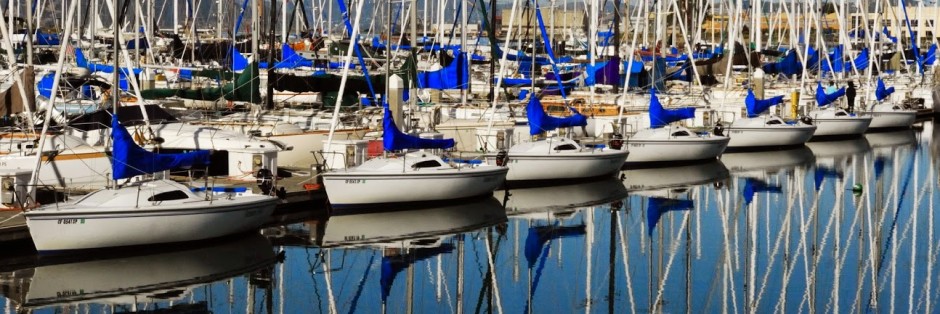Kind of a strange way to start a conversation, however, that’s just what happened the other day.
It seems a club member was missing. He had left the house the previous morning for a day sail. He called in that afternoon indicating they were having some engine problems, his cellphone was almost dead, and he would be calling the Coast Guard. That was the last she had heard and his phone was going straight to voice mail. Needless to say, she was quite worried. To compound the problem, she did not know who he was sailing with, where they were sailing from, the name of the boat, or their destination. She had no idea where to even start so she called the Coast Guard and Tradewinds hoping we could tell her what was going on. We couldn’t tell her (or the Coast Guard officer who called later), because he wasn’t on one of our boats.
In this case, there was a happy ending. He was sailing with a friend on a boat that isn’t part of the Tradewinds fleet. The boat did have motor problems, however, they were able to make it to a marina where they spent the night. The boat was repaired the following day and they make it back to their home marina. Unfortunately, because his cell phone was dead he wasn’t able to contact her with an update.
Much of her concern would have been eliminated had he filed a float plan with her before leaving. If you aren’t sure what information is required, there is a great example of a float plan on the Tradewinds website. It can be completed online, saved as a PDF file, and left where a concerned person can find it.
During the Advanced Coastal Cruising class, a float plan is required. Anytime a Tradewinds boat goes outside the gate, a float plan is required. Tradewinds does not require a float plan in any other circumstances, however, common sense does. Never leave the dock without filing a plan with your loved ones. At a minimum, include the following information:
- Vessel name and description
- Skipper’s name and contact info (including the skipper’s emergency contact person and contact info is also a great idea)
- Crew members names and contact info
- When are you leaving
- Where are you going
- Planned stops along the way
- When will you return
- Any backup plans you might have
One more thought. I know where I am and that everything is OK … my loved ones don’t, so any time I leave the dock, I have in my possession a satellite based GPS tracking tool. I can use it to check in when out of cell phone range. With it, I’m able to send a simple message to let my wife know I’m OK, and what my exact Latitude and Longitude are. Using it has greatly reduced my wife’s worry when I am out enjoying this great sport.
Note from Matt: Here is a link to a fillable .pdf float plan from the USCG Auxiliary: http://floatplancentral.cgaux.org – along with instructions! Fill it out, download the completed document, and email it to someone who will want to know your whereabouts if you are late!

Perhaps it would be advisable to review the VHF channels, which include a marine operator for SF Bay on 26, 84, and 87. I confess that, since cell phones have become so common and even the CG has started communicating with boaters using them, I have stopped explaining the method of connecting with phone lines through the onboard VHF in my radio intro in BCC. Hail the “marine operator” and they will help you make a collect call or, alternatively and less wisely, will take a credit card over the radio. I haven’t used this service in a very long time but I believe it is still up and working.